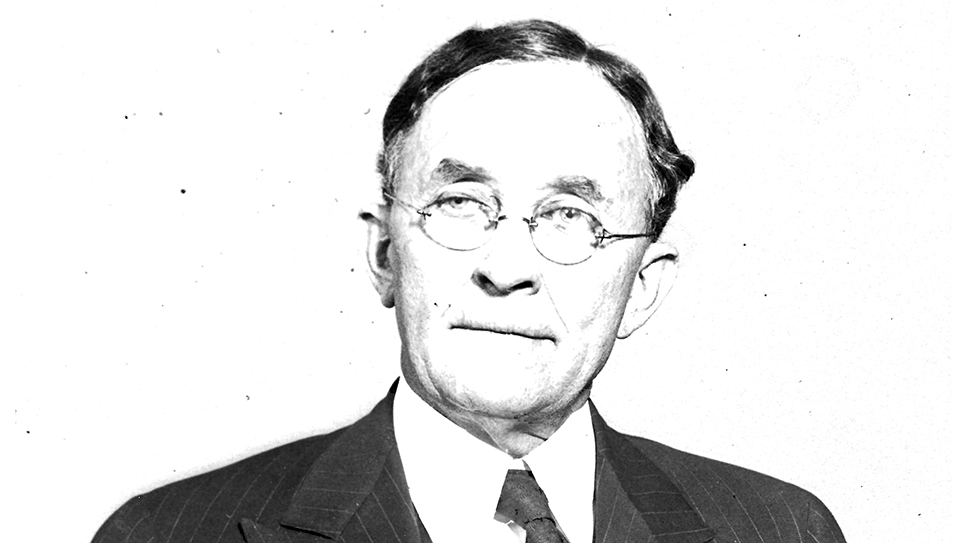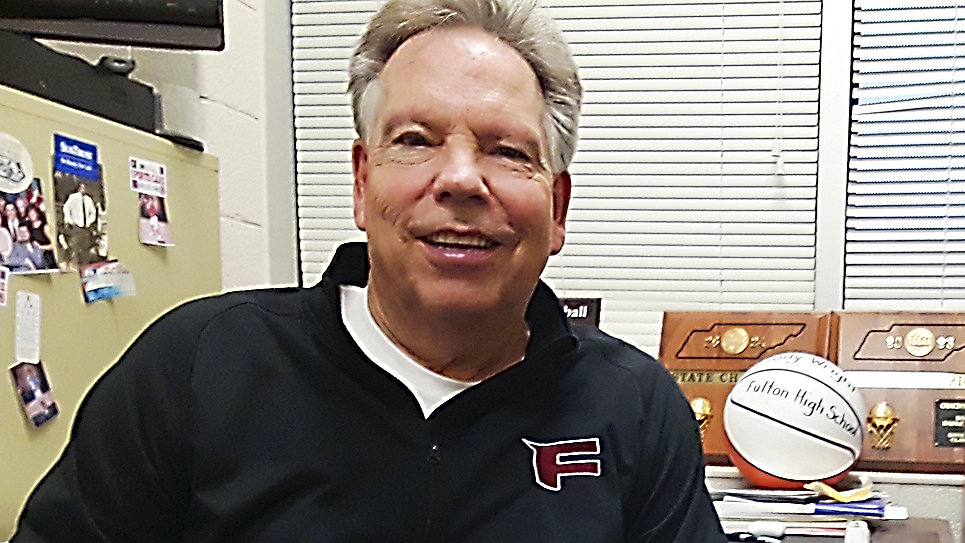The Cult of Victimhood
By Dr. Harold A. Black
blackh@knoxfocus.com
haroldblackphd.com
Those who insist that slavery is the root of all evil in America and that, as a result, blacks are victims, denigrate the strength of black Americans. Contrary to the designation of those who grew up during the Great Depression and fought in World War II as the “Greatest Generation,” I believe the greatest generation was that of the freed slaves. These were people who had been demeaned as chattel and had no possessions. Many had no marketable skills and were mostly illiterate. They lacked a last name. They were suddenly liberated from southern plantations and thrust into the world of freedom.
Among them were my great-grandparents. Certainly, some became tenant farmers, but at least they were free. Many were exploited, but many also received an education provided by whites who founded a number of our black colleges. Howard University is named for Union Gen. Oliver O. Howard, who commanded a wing of Sherman’s army and who my great-grandmother told me “came up Bonner’s Hill” in Clinton, Georgia, while she was picking cotton. I find it hard to believe that Howard, Spellman, Morehouse and other HBCUs were founded by whites in order to victimize blacks.
Those who insist on according blacks victim status are guilty of perpetuating a caricature of black people. Victimhood is little more than an excuse. Convincing some that they cannot achieve because they are black flies in the face of a paradox. It is high-achieving blacks that are telling other blacks that their lack of achievement is because of their race.
My parents never tolerated excuses nor believed in victimhood. We lived in southwest Atlanta’s all-black enclave. As a result, I never had a conversation with a white person until I became the first black male freshman at the University of Georgia in 1962. My parents never knew of what I went through at Georgia until they read Calvin Trillin’s An Education in Georgia. I knew that I was charged with bringing home A’s and would get no sympathy for anything less.
Nevertheless, growing up in the segregated South prompted me to ask my parents why they didn’t leave. My parents did not leave because of a strong sense of home — and a stronger sense that they would not be better off living in the North. Some did leave to work in the factories during World War II. My Yankee cousins would visit in their big cars and fur coats, mocking their country cousins who tilled the soil on hardscrabble farms. They pitied us because their children matriculated at the University of Michigan and Michigan State while we were relegated to meagerly supported, segregated state colleges. My father went to Savannah State and my mother was the first four-year graduate of Fort Valley State University.
We lived in Atlanta among blacks in a middle-class neighborhood. We were two-adult households and college-educated. The yards were well-kept. There was no litter. If a piece of trash somehow found its way into our neighborhood, we would stop and pick it up.
Throughout my family’s history, we have been guided by choice and responsibility, not by victimhood. Therefore, the notion of reparations for slavery puzzles me. The answer, of course, lies in the cult of victimhood that seeks to trivialize the stunning accomplishments of our people from the day they set foot in America to their proud descendants.
So even though slavery was evil, cruel, and harsh, we prospered despite the odds. We are only hampered if we listen to people who demean us by insisting that racism prevents us from being full participants in society, despite all the evidence to the contrary. It was the War on Poverty’s resultant destruction of the black family that derailed our progress. The War on Poverty made blacks wards of the state and this is the real victimization. Many blacks have not succumbed to it and have continued to send their children to schools, take their families to church, and teach self-responsibility.
Blacks have a proud history of strength and self-reliance. That continues today, despite the caricatures painted by those demanding reparations.
I am reminded of a student of mine who was wearing a tee shirt depicting a black person in chains with the words: “I was not asked to be brought here.”
I asked her, “Aren’t you glad you were?”
Her answer was, “Oh, my goodness, yes!”






